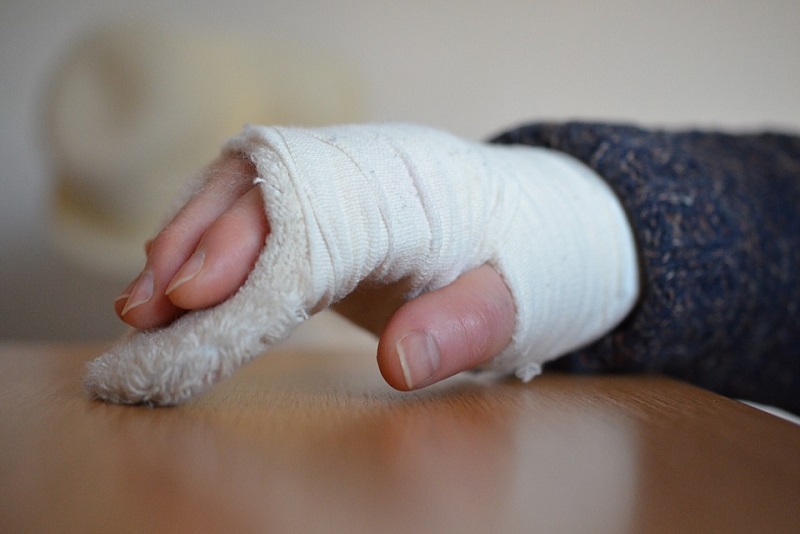They say that no physical pain can be as bad as the pain of labour, and I certainly found that to be true.
Mine was a labour that spanned several days and ended in a pain that I imagine can only be compared to an industrial drill trying to grind its way out of my body. But despite the trauma of the pain and a trip to theatre for intervention, I feel lucky that mentally I walked away unharmed from the experience.
As a couple we had always imagined having more than one child, and as I lay in theatre afterwards I felt grateful that my wife would be having the next baby and that I would never need to go through the ordeal of pregnancy and labour again. However, whilst we were still in theatre she turned to me and announced that she wouldn’t be putting herself through labour and that we ‘would be adopting the next one’.
It turns out that Mother Nature is at force for both partners because two years later my wife had recovered from the trauma of watching my labour, and was pregnant and preparing to give birth herself. I could still remember the horrendous pain and indignity of it all, but kept my thoughts to myself as nobody needs to hear horror stories before they give birth. I also reminded myself that it would not be helpful to say things like ‘I told you it was bad’ once she was experiencing contractions for herself.*
What I had not been prepared for was the emotional impact of watching my partner go through labour.
It was not easy. During my own labour, I was completely immersed in the pain and all I could think about was getting the baby out and picking up my life on the other side. Watching my wife in labour, I felt completely at sea. Nothing I did seemed to help with the contractions, and I was so desperate for her pain to stop that I was tempted to have a go at siting an epidural in her back myself. When the baby’s heart rate started dropping I immediately panicked whilst my wife was oblivious. I watched the numbers falling on the CTG, and held my breath whilst I waited for baby’s heart rate to rise again. I gently asked the midwife if everything was ok, trying not to send my partner into a panic at the same time. When the room suddenly filled with people, I put on the best brave face I could manage, and watched as strangers did their best for my family. When my daughter was placed against my wife’s skin, I was filled with joy and a large helping of relief. It took me some time to recover from watching her labour and give birth to our child.
Having experienced labour from the point of view of both partners, I am unsure which was worse.
Both were difficult in their own way, and although I had the physical recovery to contend with the first time, the mental scars took longer to fade from watching a birth than giving birth.
So, to the partners who are there, rubbing backs, bringing ice and having your hands crushed beyond recognition, I salute you. Being a good birth partner is no walk in the park.
*I did manage not to say this when she was in labour, but may have mentioned it the following day.



No comments yet. Be the first one to leave a thought.